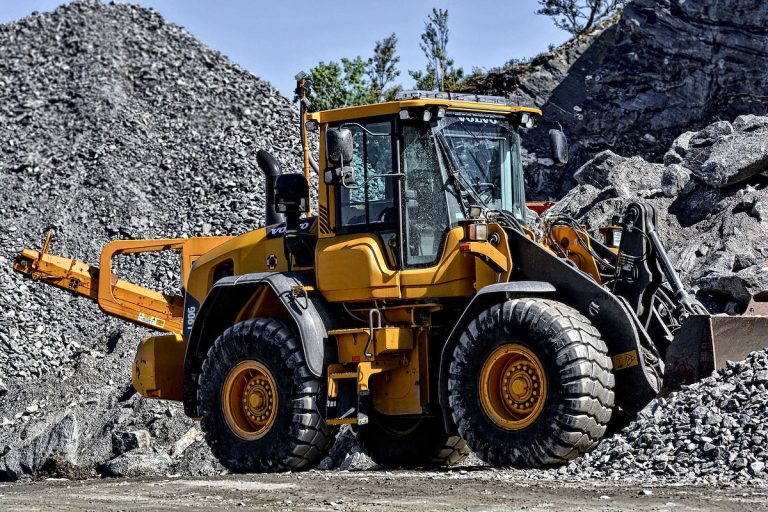In today’s fast-paced world, machinery plays a pivotal role in nearly every aspect of our lives. From manufacturing to construction, agriculture to healthcare, the relentless march of technological progress has revolutionized the way we work, produce, and live. In this blog, we’ll delve into the fascinating world of machinery, exploring its evolution, applications, and the profound impact it has on our daily lives.
The Evolution of Machinery: Machinery has come a long way since its humble beginnings. The earliest machines were simple tools, often powered by human or animal labor. Over time, the industrial revolution ushered in an era of innovation and automation, giving rise to steam engines, textile mills, and mechanized agriculture. Fast forward to the present, and we find ourselves surrounded by highly advanced, computer-controlled machines capable of tasks we once could only dream of.
Applications Across Industries:
- Manufacturing: Modern factories are a symphony of machinery, where robotic arms assemble products with precision and efficiency. This not only accelerates production but also ensures consistent quality.
- Construction: From towering skyscrapers to intricate bridges, heavy machinery like cranes, bulldozers, and excavators are indispensable for shaping our urban landscapes.
- Agriculture: Tractors, combine harvesters, and drones have transformed agriculture, making it more productive and sustainable. Precision farming techniques rely on machinery to optimize crop yields and minimize environmental impact.
- Healthcare: In the medical field, machinery like MRI machines, X-ray equipment, and robotic surgical tools enable healthcare professionals to diagnose and treat patients with unprecedented accuracy.
- Transportation: Our cars, trains, and airplanes are all marvels of machinery, powered by advanced engines and complex control systems.
Impact on Efficiency and Productivity: One of the most significant advantages of machinery is the tremendous boost it provides in terms of efficiency and productivity. Tasks that would have taken hours or even days to complete manually can now be done in a fraction of the time, thanks to automation and precision engineering. This not only saves time but also reduces costs and minimizes errors, making industries more competitive and consumer-friendly.
Challenges and Future Trends: While machinery has undoubtedly transformed our world for the better, it also poses some challenges. The increasing automation of jobs, for instance, raises questions about employment and the need for reskilling the workforce. Additionally, the environmental impact of machinery, such as its energy consumption and waste production, must be addressed.
As for the future, machinery is set to become even more intelligent and interconnected. The Internet of Things (IoT) and artificial intelligence are being integrated into machinery to enhance predictive maintenance, reduce downtime, and optimize performance. Furthermore, sustainable manufacturing and eco-friendly machinery are emerging trends, aligning with the growing concern for environmental responsibility.
